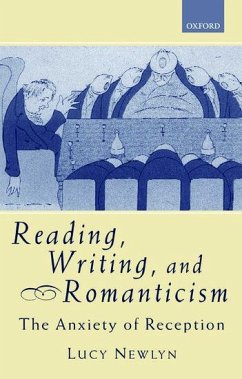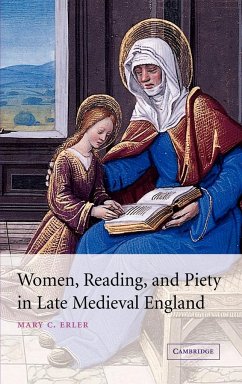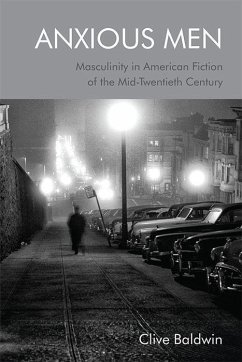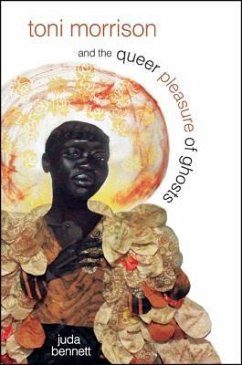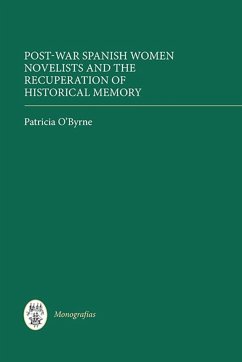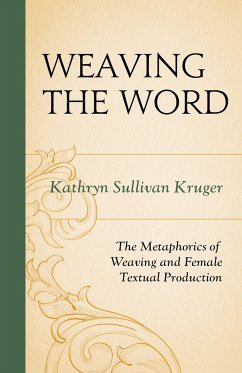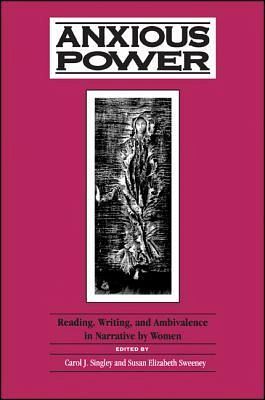
Anxious Power
Reading, Writing, and Ambivalence in Narrative by Women
Herausgeber: Singley, Carol J; Sweeney, Susan Elizabeth
Versandkostenfrei!
Nicht lieferbar
This book explains the conflicting feelings of anxiety and empowerment that women, historically excluded from masculine discourse, feel when they read and write, and it analyzes narrative strategies that reveal this ambivalence. Anxious Power draws upon feminist literary theory, narrative theory, and reader-response criticism to define women's ambivalence toward language. It is the first collection to address issues of ambivalence in narrative by women, to trace those issues from the medieval period to the present, and to outline a theoretical framework for understanding them. The contributors...
This book explains the conflicting feelings of anxiety and empowerment that women, historically excluded from masculine discourse, feel when they read and write, and it analyzes narrative strategies that reveal this ambivalence. Anxious Power draws upon feminist literary theory, narrative theory, and reader-response criticism to define women's ambivalence toward language. It is the first collection to address issues of ambivalence in narrative by women, to trace those issues from the medieval period to the present, and to outline a theoretical framework for understanding them. The contributors address a broad spectrum of female literary voices ranging from familiar British and American writers (Jane Austen, Charlotte Bronte, and Willa Cather), and those less well known (Jane Barker, Caroline Lee Henz, Susan Warner, Sarah Grand, and Fanny Howe), to European, Canadian, African-American, South and Latin American, and Asian American writers (Christine de Pizan, Marie-Catherine d'Aulnoy, Margaret Atwood, Harriet Jacobs, Toni Morrison, Clarice Lispector, Sandra Cisneros, and Maxine Hong Kingston). Anxious Power considers forms of women's narrative ranging from fairy tales through romances, novels, and autobiographies, to feminist metafiction.




